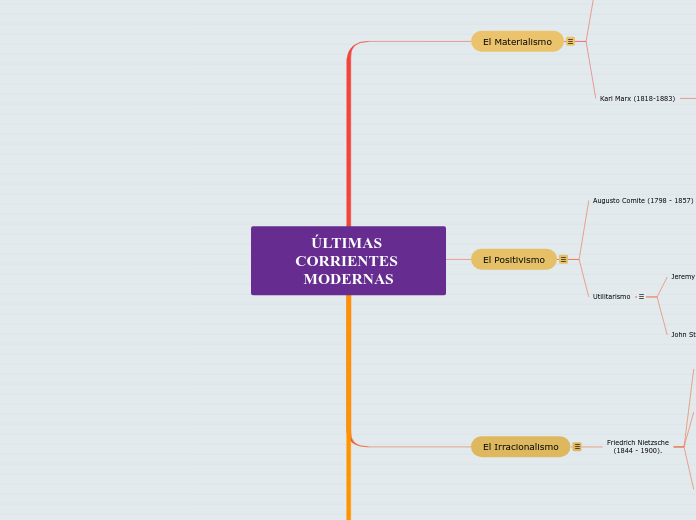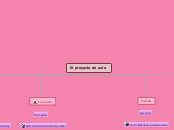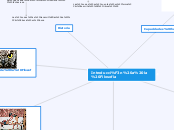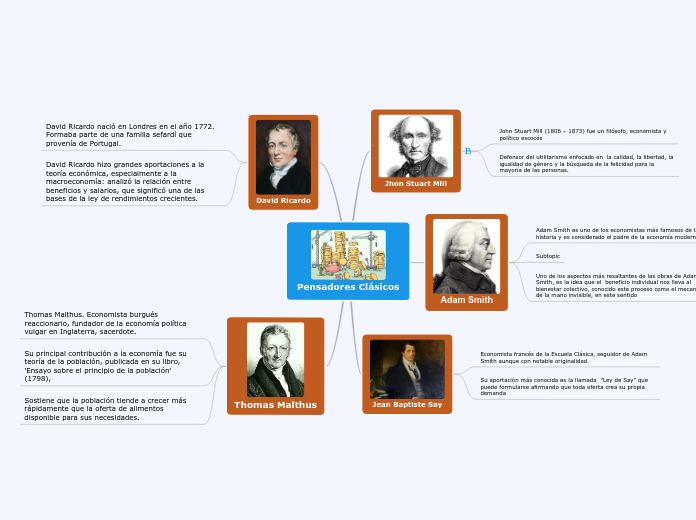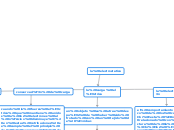ÚLTIMAS CORRIENTES MODERNAS
To name your story, you have to think about the overall message and what you want your audience to understand from the story. Also, make it relevant and easy to remember.
Arianna García 1BGU
El Irracionalismo
El irracionalismo, sostenía que todo acto o proyecto humano está motivado por la voluntad de poder. Ésta no es tan sólo el poder sobre otros, sino el poder sobre uno mismo. Actitud que , sobre la razón , prima la importancia de la intuición , los instintos y los sentimientos .
The ending of a story is essential. We all know that if the ending is weak, what happened before loses its importance. So make it unpredictable, but fair. A resolved ending answers all the questions and ties up any loose threads from the plot.
Friedrich Nietzsche
(1844 - 1900).
This is the moment when the main character surpasses the last obstacle and finally faces their greatest challenge.
The climax usually follows one of these patterns:
- realization
- resolution
- choice
Type in your answer.
La moral
El hombre dirigirá la evolución del mundo mediante la inversión de los valores. La vida es el valor supremo. Pero debemos entender la vida de los sanos y los fuertes, no la de los enfermos y degenerados.
La moral es una fuerza terrible y engañadora que ha corrompido a la humanidad entera. La moral es la gran mentira de la vida, de la historia, de la sociedad.
De los esclavos
Moral de resentidos
preconiza
fraternidad
Libertad
igualdad
De los señores
todo lo que aprovecha
todo lo que daña
"Superhombre"
Es una persona que ha alcanzado un estado de madurez espiritual y moral superior al que considera el del hombre común.
Características:
Cualidades
Filósofo
Interioridad accesible
Libertad de espíritu
" Dios ha muerto"
El Positivismo
Se refiere al momento cuando el hombre se ciñe a los hechos, estudia sus leyes y las explica.
The middle of the story is where you add layers of complications that will lead to the end. Reveal more about the character's journey. Did their personality go through changes? How did they overcome the challenges? And as you build up the story’s central conflict, make it more personal to that character. Also, from the middle act, you have to lead into the final act.
Utilitarismo
Your character(s) need(s) motivation in order to solve the challenge(s).
John Stuart Mill (1806 - 1873)
Secondary characters also might have motivs beacuse of which they may cross path with main character or which might trigger them to help the main character.
acciones humanas es el Placer
al obtener + utilidad
INDUCCION
Jeremy Bentham (1748 - 1832)
Why does your character need to confront this challenge? What does he/she expect to accomplish by solving it?
See a few examples:
- will marry in 3 days
- can fix the mistakes of the past
Moralmente malo
Moralmente bueno
la mayor
dicha posible para el número mayor
posible.
Augusto Comite (1798 - 1857)
Each story has a main character and that character usually needs to solve a problem or challenge. The character's challenge is the one that creates tension throughout the story.
Metafísica
"Causa y consecuencia"
Observación "Fenómenos Empíricos"
3 Periodos
Positivo
Es la fase definitiva de la humanidad. El hombre se ciñe a los hechos, estudia sus leyes y las explica.
Metafísico
Se investiga la esencia de los seres a través de conocimientos abstractos. Fue un período de grandes síntesis mentales con la naturaleza como un gran dios.
Teológico
Los acontecimientos eran explicados a través de dioses y demonios. El principal órgano de conocimiento era la imaginación. Las sociedades eran gobernadas por sacerdotes y monarcas.
El Materialismo
Se refiere a la creencia y certeza por todo lo que los sentidos puedan apreciar y sea tangible. Dejando de un lado las ideas sobre lo sobrenatural y religioso, pues, esta corriente ve a Dios como un obstáculo, para que el hombre desarrolle todo su potencias en la tierra
In the beginning of the story (or the exposition), you will need to introduce the setting and characters. You might also want to introduce the main conflict. This part of the story is important because it gives the reader necessary background information and maybe even a first insight into a character’s personality.
Karl Marx (1818-1883)
The setting (time & place) of a story can change throughout the plot.
Inversion Hegel
Sensory details include sight, sound, touch, smell, and taste. These details are important because they create depth in your setting.
See a few examples below:
- the smell of fresh bread
- the scent of freshly cut grass
- rain falling onto the windshield etc.
La materia evoluciona
Alineación
La Revolución Obrera
instauración de la dictadura del proletariado
" los medios de producción privados pertenecerían a la colectividad"
(pérdida de lo que
les es propio).
Elementos básicos:
Minas
Bosques
Alimentos
Ludwig Feuerbach (1804-1872)
Characters are essential to a good story. Usually, the protagonist(s) is/are the most affected by the plot. Introduce a character by focusing on their actions, interests, and occupation, as the physical appearance doesn't make a difference in most cases.
Conclusión
Al hombre se le ha enseñado a vivir para el
más allá. No dando su mayor esfuerzo en el presente
lo único real
es lo que captan los sentidos y la justificación de la vida
Preocupación Filosófica
Type in the name of your character.
Dios
Which traits best describe the character's personality? Choose more if necessary:
introvertedloyalkindindependentquick-thinkingadventuresomeidealisticsweet-naturedcalmrisk-takercreativewittystrictfussyweirdclumsyharshaggressivecarelessclingingcowardlycrueldeceitfulimpulsiveOther
Religión
Choose the type of your chacter:
Protagonist (main character)Antagonist (main character's opponent)Flat (stereotypical character)Round (his/ her personality develops throughout the story)Static (doesn't evolve as a person throughout the story)Dynamic (dramatical change in personality)Confidant (the main character trusts him/ her)Foil (contrasting character who enhances the personality of another character)Other
